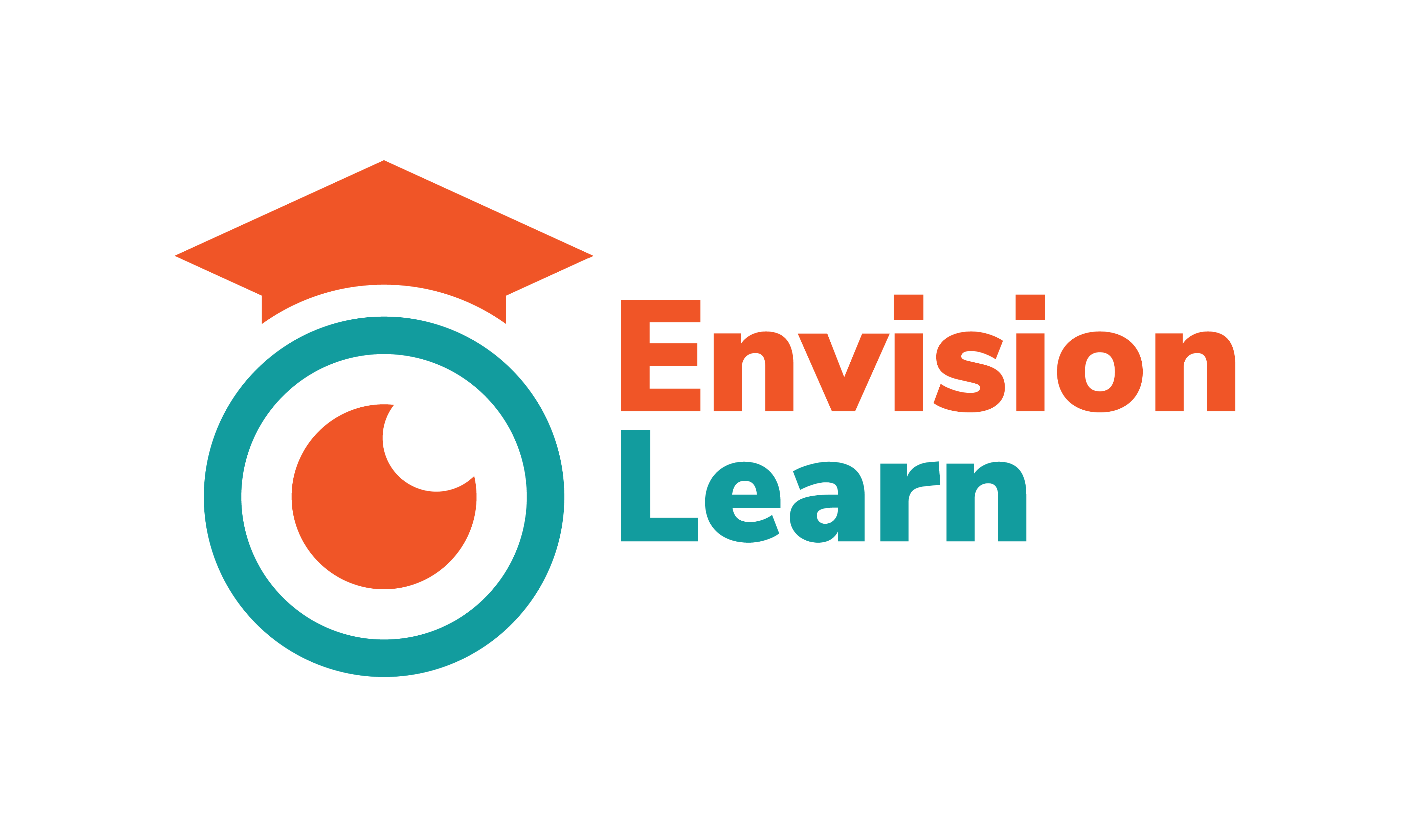Thank you for your patience!
We are working on our some improvements to our site.
Please email info@envisionlearn.com in the meantime.

We are working on our some improvements to our site.
Please email info@envisionlearn.com in the meantime.
